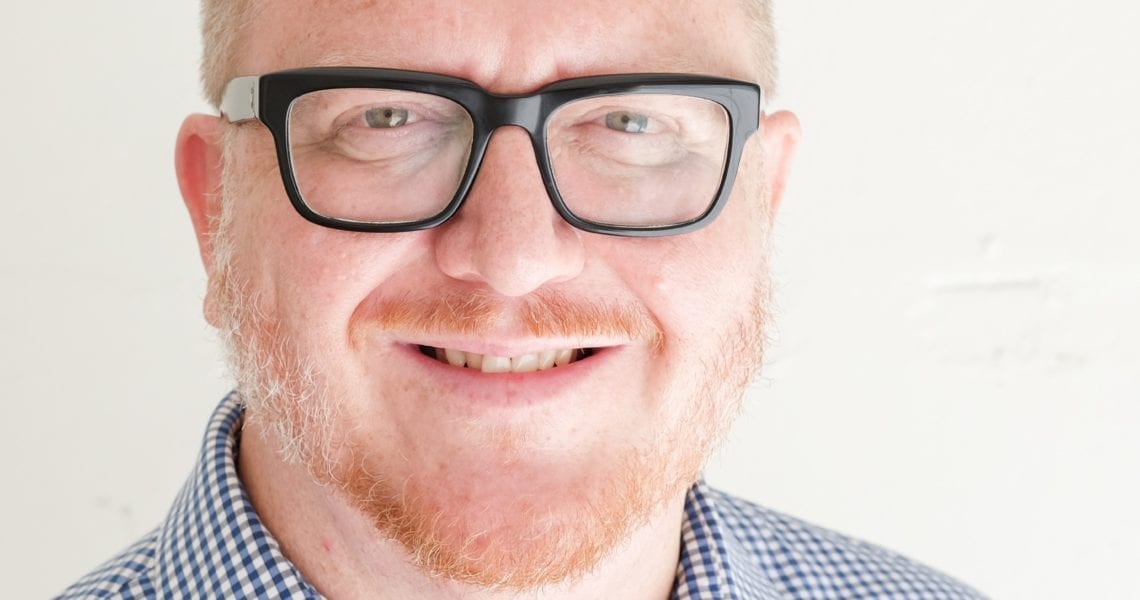
Social Innovation Attracts Interdisciplinary Work
By Abigail Bean and Alexandra Greengrass.
Christopher Oliver, PhD, never expected to work with an academic center focused on social innovation. “I was a little taken aback because when I heard the term ‘social innovation,’ I thought of business schools… but this seemed different.” He learned Taylor’s brand of social innovation was human-centered, infusing empathy to practice. Looking to further his research within the Sociology and Environmental Studies departments at Tulane, Oliver applied for a Professorship in Social Entrepreneurship, to bring his research within the New Orleans community to Tulane students interested in environmental justice. Oliver‘s additional role as a Duren Professor has also allowed him to bring his research and community immersion opportunities to undergraduate students in the Environmental Studies department and continue his work with graduate students in the City, Culture, and Community graduate program as well as Mellon Graduate Program fellows.
Oliver‘s research compares the environmental contamination at the Gordon Plaza housing development adjacent to the former Agriculture Street Superfund site with the Booker T. Washington School site. In other projects, he is building upon work done by Professor Howard Mielke examining the impacts of lead on children. He is also studying the impact of former Charity Hospital redevelopment and bio–innovation districts in the Treme, CBD, and Tulane-Gravier neighborhoods.
Oliver describes his philosophy on creating positive social change in the New Orleans community as “critical urban political ecology,” as his work strives to understand how nature and society are intertwined. Oliver sees his focus on urban sociology as fundamental, as urban areas have disproportionate impacts on the areas surrounding them, and give insight into broader issues of environmental justice.
Oliver believes that positive change occurs when the opinions, culture, needs, and wants of community members are valued. With an education in both technical science and social policy, Taylor’s multidisciplinary approach made the Professorship in Social Entrepreneurship an ideal position for Oliver. Institutions like Taylor provide faculty with resources to do research which is uncommon at other universities. “To have those resources and that support, combined with an administration that is truly interested, is unique.“